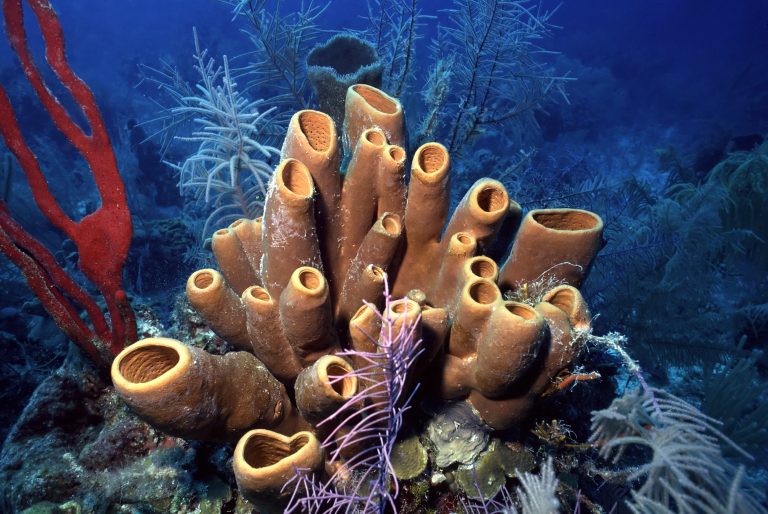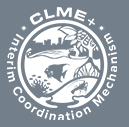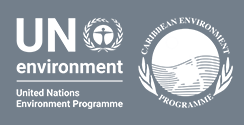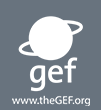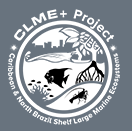The integrity of ocean goods and services is at significant risk due to a range of ocean management policy and market failures that leads to fisheries overexploitation, pollution, the introduction of invasive species, habitat loss and ocean acidification. Ninety percent of global fish stocks are fully exploited or overexploited (FAO 2016). Globally, each year, overfishing and unsustainable practices generate economic losses of about US$83 billion (World Bank 2016), generating losses to people’s livelihoods and putting food security at risk. Due to human associated CO2 emissions, the oceans are acidifying rapidly, perhaps faster than ever before, with ocean acidity increasing by 25% since pre-industrial times (Schoo et al. n.d.) and already impacting the functioning and integrity of ocean ecosystems. Under ‘business as usual’ climate change response scenarios, ocean acidification will cost US$1.2 trillion per year by 2100 (SCBD 2014) as ocean acidity increases an additional 250 percent. Coastal hypoxic events are increasing due to nutrient loads to the oceans tripling since preindustrial times. The rapid increase in shipping has accelerated the spread of invasive aquatic species that are often released from ballast water and hulls of ships. Twenty percent of the world’s coral reefs have been lost and are not showing any potential for recovery (UN n.d.). Global coverage of mangroves has been reduced to less than 30 percent of its historical coverage, and since the late 1800s, 29 percent of seagrass habitat has disappeared (Saenger et al 2012). Marine debri is harming marine life and ecosystems worldwide, with an estimated 8 million tonnes of plastic entering the oceans each year (UN n.d.).
All those impacts are changing the integrity of ocean ecosystems, generating important economic losses and affecting the livelihoods of people who depend on ocean resources for their survival and well-being. Policy changes are urgently needed to improve the management of our oceans and ensure that our oceans can continue to sustain life on earth.
Weak governance has often been identified as a key root cause for unsustainable use of coastal and ocean ecosystems (IOC/UNESCO et al. 2011). The United Nations Conference on Sustainable Development (Rio+20) in 2012 had a special emphasis on oceans which carried through into the ‘Future we want’ and ultimately Sustainable Development Goal 14 to ‘Conserve and sustainably use the oceans, seas and marine resources’ – ‘Life below water’. This brought renewed calls for strengthening ocean governance. SDG14 Target 14c ‘Enhance the conservation and sustainable use of oceans and their resources by implementing international law as reflected in UNCLOS, which provides the legal framework for the conservation and sustainable use of oceans and their resources, as recalled in paragraph 158 of “The Future We Want” covers and points to a wide range of governance needs including multi-level institutional strengthening.
In pursuing effective governance, the importance of working at regional and subregional levels is being increasingly acknowledged (Wright et al. 2017). This recognition has grown out of an increasing awareness that governance arrangements at any level – local, national, subregional, regional and global – are part of a multilevel system in which each level is important and where upward and downward linkages with levels above and below are critical for effective governance (Fanning et al 2007). These concepts are relevant for governance of most issues associated with sustainable development, but are most important for issues relating to coastal and marine ecosystems where the majority of problems are transboundary in nature.
REFERNCES
Fanning, L., Mahon, R., McConney, P., Angulo, J., Burrows, F., Chakalall, B. et al. (2007). A large marine ecosystem governance framework. Marine Policy 31, 434-443.
FAO (2014). Global Blue growth initiative and Small Island Developing States. Food and Aquaculture Organization of the United Nations.
FAO (2016). The State of World Fisheries and Aquaculture 2016. Contributing to Food Security and Nutrition for All. Food and Aquaculture Organization of the United Nations, Rome.
FAO (2018). Achieving Blue Growth. Building vibrant fisheries and aquaculture communities. Food and Aquaculture Organization of the United Nations.
ICS (2020). Key facts: Shipping and world trade. International Chamber of Shipping. https://www.ics-shipping.org/shipping-facts/key-facts. (accessed on 6 October 2020).
IOC/UNESCO, IMO, FAO and UNDP (2011). A blueprint for ocean and coastal sustainability. Intergovernmental Oceanographic Commission. United Nations Educational Scientific and Cultural Organization, Paris.
ITF (2019). International Transport Forum Transport Outlook 2019. Organisation for Economic Cooperation and Development, Paris.
OECD (2016). The Ocean Economy in 2030. Organization for Economic Cooperation and Development, Paris.
OECD (2020). Sustainable Ocean for All: Harnessing the Benefits of Sustainable Ocean Economies for Developing Countries, The Development Dimension. Organization for Economic Cooperation and Development, Paris.
Saenger, P., Gartside, D., and Funge-Smith, S (2012). A review of mangrove and seagrass ecosystems and their linkage to fisheries and fisheries management. FAO Regional Office for Asia and the Pacific, Bangkok, Thailand, RAP Publication 2013/09. 74 pp.
Schoo, K.L., Isensee, K. and Global Ocean Acidification Observing Network (n.d.). Ocean acidification aligning the SDG and global climate observing indicators. International Oceanographic Commission and Ocean Acidification Observing Network.
https://unfccc.int/sites/default/files/resource/3.%20IOC%20Ocean%20acidification%20aligning%20the%20SDG%20and%20global%20climate%20observing%20indicators.pdf. (accessed on 9 October 2020).
SCBD (2014). Global Biodiversity Outlook 4. Secretariat of the Convention on Biological Diversity, Montréal.
TNC (n.d.). Mapping Ocean Wealth. The Nature Conservancy. https://oceanwealth.org/ecosystem-services/coastal-protection/. (accessed 6 October 2020).
UN (n.d.). Sustainable Development Goals. Goal 14: Conserve and sustainably use the oceans, seas and marine resources. United Nations. https://www.un.org/sustainabledevelopment/oceans/#:~:text=Over%20three%20billion%20people%20depend,per%20cent%20of%20global%20GDP.&text=Coastal%20waters%20are%20deteriorating%20due%20to%20pollution%20and%20eutrophication. (accessed 6 October 2020).
UN (n.d.). Factsheet: People and Oceans. The Ocean Conference. United Nations, New York, 5-9 June 2017. https://www.un.org/sustainabledevelopment/wp-content/uploads/2017/05/Ocean-fact-sheet-package.pdf. (accessed 6 October 2020).
UNCTAD (2019). Review of Maritime Transport 2019. United Nations Conference on Trade and Development, New York.
United Nations University – Institute for Environment and Human Security (UNU-EHS), The Nature Conservancy (TNC) and the Coastal Resources Center (CRC) at the University of Rhode Island Graduate School of Oceanography (2014). Coasts at Risk: An Assessment of Coastal Risks and the Role of Environmental Solutions. Beck, M.W. (ed).
UNWTO (2013). ‘Sustainable Marine Tourism’, presentation to Expert Group Meeting on Oceans, Seas and Sustainable Development: Implementation and follow up to Rio+20, New York, April.
UNWTO (2014). Tourism in Small Island Developing States (SIDS): Building a More Sustainable Future for the People of Islands. United Nations World Tourism Organization, Madrid.
UNWTO (2019). International Tourism Highlights. 2019 edition. United Nations World Tourism Organization.
World Bank (2012). Hidden Harvest. The Global Contribution of Capture Fisheries. Report No. 66469-GLB. World Bank, Washington, DC.
World Bank (2016). The Sunken Billions Revisited. International Bank for Reconstruction and Development / The World Bank. Washington D.C. Available at http://documents.worldbank.org/curated/en/355751466999721849/pdf/00-Overview-Sunken-Billions-Rd-5.pdf
World Bank and United Nations Department of Economic and Social Affairs (2017). The Potential of the Blue Economy: Increasing Long-term Benefits of the Sustainable Use of Marine Resources for Small Island Developing States and Coastal Least Developed Countries. World Bank, Washington DC.
Wright, G., Schmidt, S., Rochette, J., Shackeroff, J., Unger, S., Waweru, Y., Müller, A. (2017). Partnering
for a Sustainable Ocean: The Role of Regional Ocean Governance in Implementing SDG14. PROG: IDDRI, IASS, TMG & UN Environment.



